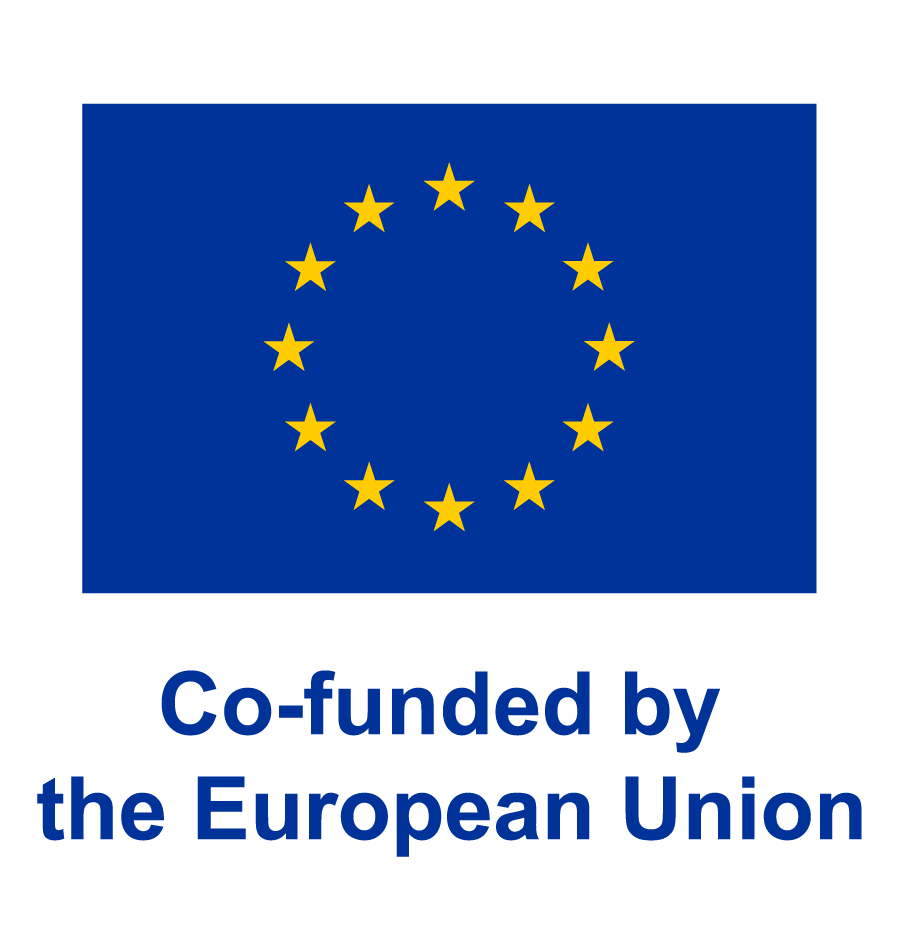Young women and sports in Italy: there’s a will to move, but the road is still long
For young women in Italy, sports are much more than just physical activity; they’re a space for freedom, well-being, social connection, and personal growth. And yet, the numbers show that there’s still work to be done.
The gender gap in sports
According to the latest ISTAT data, only 31.8% of Italian women practice sports, compared to 43.4% of men. The gap is smaller among younger age groups: in the 11–14 age range, 75.6% of girls are involved in sports regularly, but participation starts to drop after age 15, especially among girls.
Between the ages of 18 and 24, only 53.9% continue practicing sports, often irregularly. Why do they drop out? Lack of time, academic pressure, family commitments, and a sports culture that still often feels more geared toward boys.
The benefits of staying active
And yet, the benefits are undeniable: sports help young women feel better, manage stress, build self-confidence, and create social bonds.
The most popular activities among girls include dance, gymnastics, swimming, and fitness, but there’s also a growing interest in non-traditional sports like soccer and rugby.
Role models and inspiration
What makes a real difference are strong role models. Think of Federica Pellegrini, the “diva” of Italian swimming, who inspired generations to dive into the pool with determination. Or Bebe Vio, who proved that excellence knows no physical limits, turning disability into raw strength. And then Jasmine Paolini, a rising tennis star making her mark on the international stage with humility and talent.
These women, and many others, show that sports can be a path to empowerment, dreams, and recognition.
Creating better conditions
What’s needed are the right conditions: accessible facilities, schedules that work for students, safe and welcoming spaces. Because a girl who plays sports is a girl who is stronger, freer, and more self-aware.
Investing in that means building a better, fairer, and healthier society for everyone.

Funded by the European Union. Views and opinions expressed are however those of the author(s) only and do not necessarily reflect those of the European Union or the granting authority. Neither the European Union nor the granting authority can be held responsible for them.
